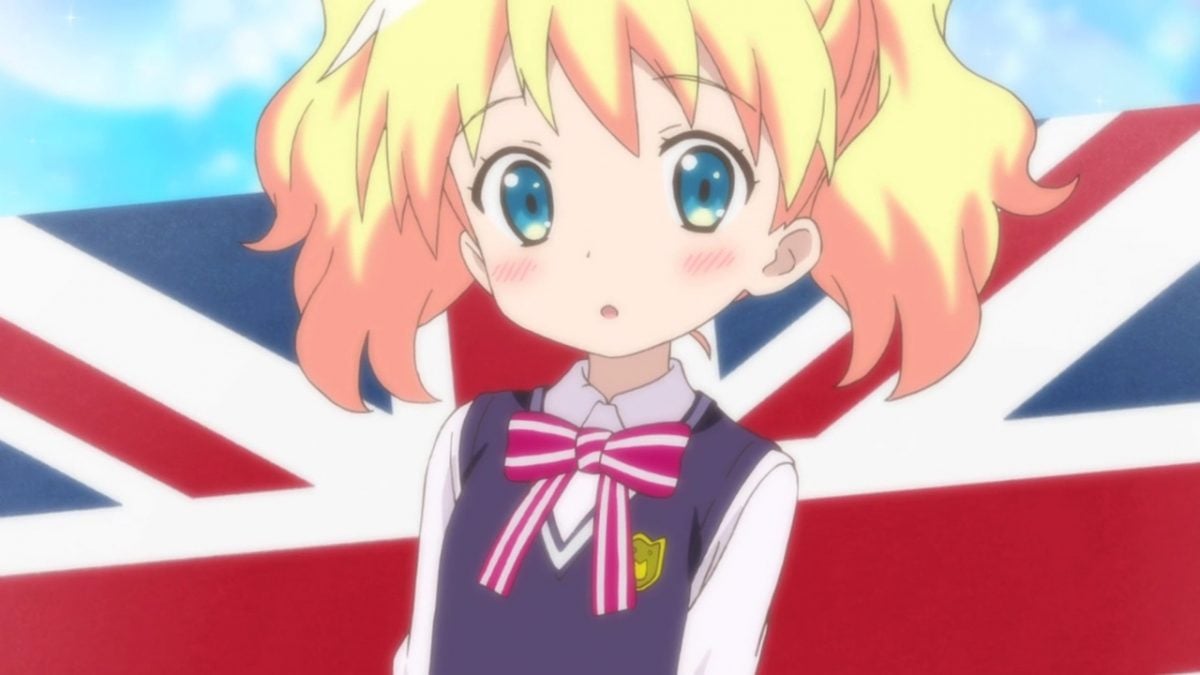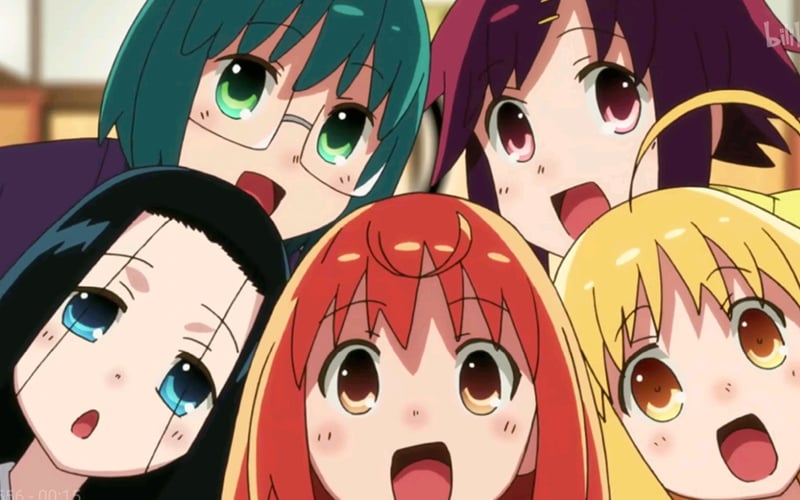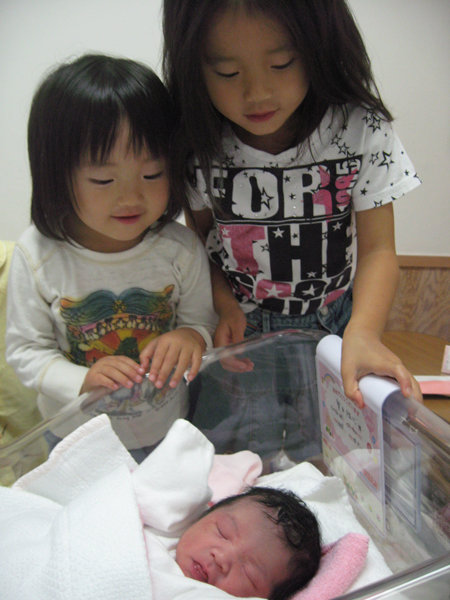There are interesting ways to gain an understanding of a society through its language. Two words that speak to Japan’s rule-oriented approach to behavior are the words chanto (“properly”) and chanto shita (“proper”), which are used to grant a higher status to “the way things should be done.” Once, when I went to pick up my daughter from school, I watched the teacher showing the kids a kami-shibai (a story told to kids using sheets of cardboard with pictures on them) about the proper way to brush your teeth, the proper way to greet others, and so on. Of course teaching kids is one thing, but it’s interesting to note that the concept of there being “one” correct way to do things comes up in many situations. Almost without fail, those who don’t do what’s expected of them — young people who drop out of school and play guitar in front of the train station, couples who live together without getting married, even crazy gaijin like me who quite their English teaching jobs to start companies selling wacky things from Japan to people around the world — are seen in a negative light by society at large. Some examples of the word chanto in Japanese sentences are, chanto benkyo shite kudasai (Please study properly, as you should) or, kare wa chanto shita sarariiman desu (He is a respectable company employee).
















